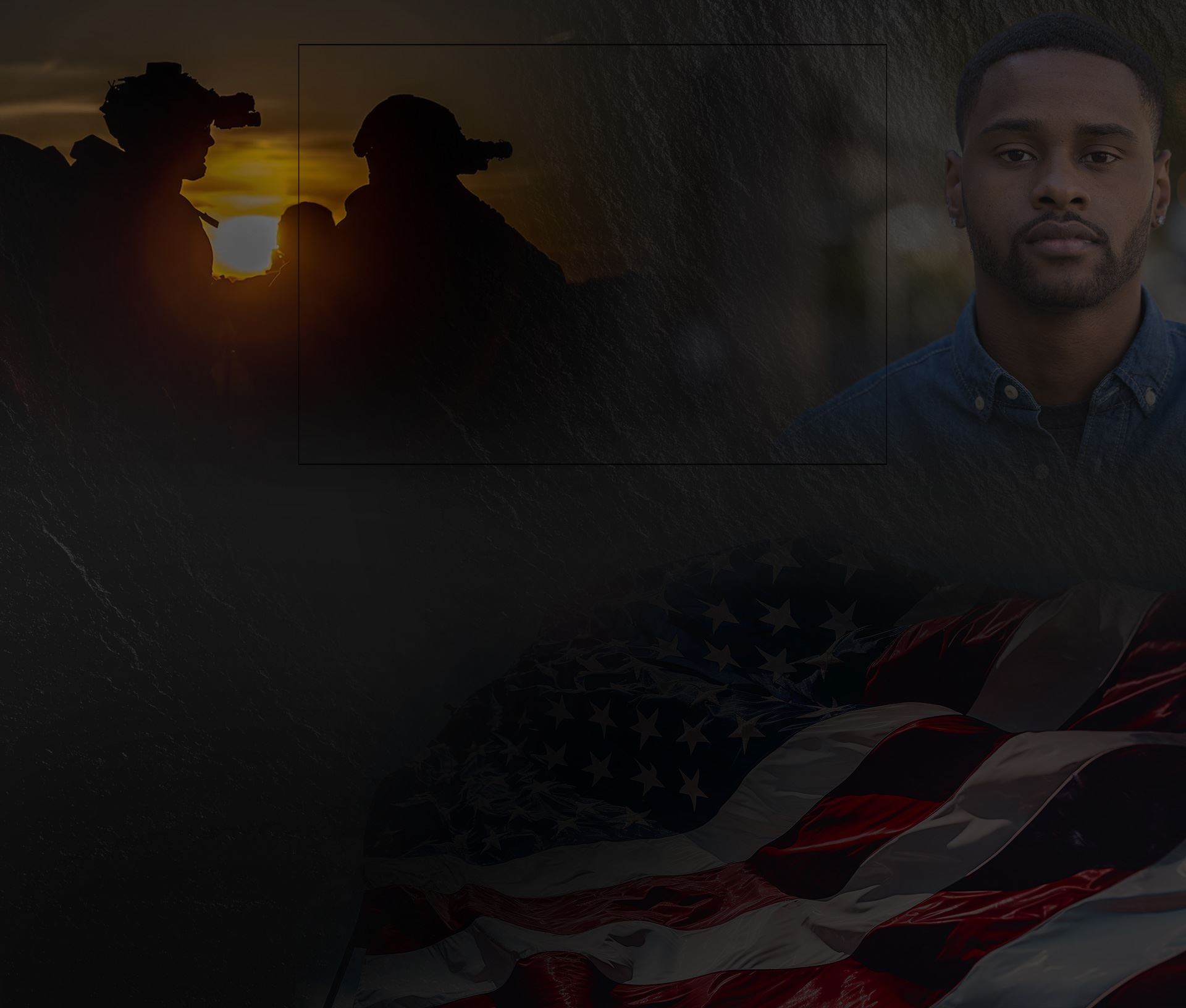Accused of misconduct? Under investigation? Pending charges?
Often folks who have not experienced it, will tell you, “Well, I would just tell the truth.” “Own up to it.” “You look guilty if you do not cooperate.” Or, my personal favorite, “Hiring an attorney makes you look guilty.”
To quote television's fictional attorney, Saul Goodman, who addressed that last comment, “No, wearing handcuffs makes you look guilty.” If you want to fight both the appearance of, and actually, being found guilty, then you do need to “lawyer up”, which means, first and foremost, getting good legal counsel. That means getting a real attorney, not someone who gives you legal advice who has no qualifications to do so.
Giving legal advice without a law license is a crime called barratry in the law, and it goes on way too often in all branches of the military.
We all have heard of the “barracks lawyer” and the “sea lawyer” in the ranks, but the worst offenders? First Sergeants, Master Chiefs, Physical Evaluation Board Liaison Officers (PEBLOs), and unit ombudsmen. This class of folks; some well-meaning, some not so much, offer the following deadly legal advice:
“Cooperation will get you the best result.” No, cooperation will make it easier for the powers that be to railroad you. Your cooperation is being sought to help them, not to help you.
“Invoking your right to remain silent keeps you from giving your side of the story.” No, remaining silent when questioned about your alleged misconduct keeps folks from presenting your statement in a false or misleading way in the future. Harken back to your own experience in the way that people listen to, remember, and relate information. None of us listen, remember, and repeat back what we are told with total accuracy, and most of us far from it. When you are suspected of misconduct, everything you say and do is subject to scrutiny, and if folks relay statements from you different from what you actually said, your clarification will only appear to be obfuscating, or explaining, both are the attributes of someone we assume to be guilty.
Accused of misconduct? Under investigation? Pending charges?
Often folks who have not experienced it, will tell you, “Well, I would just tell the truth.” “Own up to it.” “You look guilty if you do not cooperate.” Or, my personal favorite, “Hiring an attorney makes you look guilty.”
To quote television's fictional attorney, Saul Goodman, who addressed that last comment, “No, wearing handcuffs makes you look guilty.” If you want to fight both the appearance of, and actually, being found guilty, then you do need to “lawyer up”, which means, first and foremost, getting good legal counsel. That means getting a real attorney, not someone who gives you legal advice who has no qualifications to do so.
Giving legal advice without a law license is a crime called barratry in the law, and it goes on way too often in all branches of the military.
We all have heard of the “barracks lawyer” and the “sea lawyer” in the ranks, but the worst offenders? First Sergeants, Master Chiefs, Physical Evaluation Board Liaison Officers (PEBLOs), and unit ombudsmen. This class of folks; some well-meaning, some not so much, offer the following deadly legal advice:
“Cooperation will get you the best result.” No, cooperation will make it easier for the powers that be to railroad you. Your cooperation is being sought to help them, not to help you.
“Invoking your right to remain silent keeps you from giving your side of the story.” No, remaining silent when questioned about your alleged misconduct keeps folks from presenting your statement in a false or misleading way in the future. Harken back to your own experience in the way that people listen to, remember, and relate information. None of us listen, remember, and repeat back what we are told with total accuracy, and most of us far from it. When you are suspected of misconduct, everything you say and do is subject to scrutiny, and if folks relay statements from you different from what you actually said, your clarification will only appear to be obfuscating, or explaining, both are the attributes of someone we assume to be guilty.





